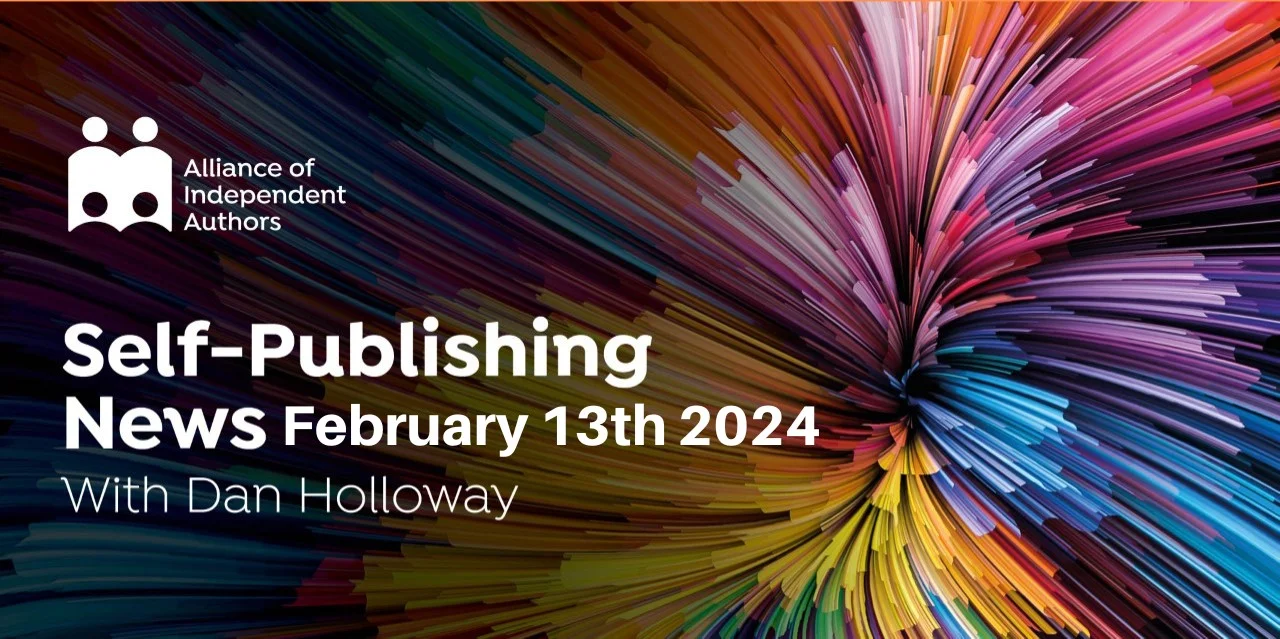
ALLi News Editor, Dan Holloway
Spotify, the self-styled one stop audio shop has already snuck back into the news this year with its ripple-causing entry into the audiobook market. This week news outlets have really been doubling down on covering the company following Daniel Ek’s Q4 Earnings call (aside from the news that Joe Rogan has renewed his contract with the platform though they no longer have exclusive rights).
Let’s start with the two key figures. 236 million people pay for a Spotify subscription which in theory gives access to up to 15 hours of audiobook content a month. And enough are using that availability that the company is already the number 2 platform for audiobooks after Audible.
One thing Ek pointed to in his talk is that listeners are going to a wider variety of authors than might be expected. As he put it:
I think the biggest surprise had been the type of titles that resonate with consumers. These are not the normal titles that traditionally do well
Ek himself is in no doubt as to the reason for this. The key is the difference between Spotify and Audible. On Audible subscribers may be able to access a similar number of hours. But they have to do so in increments of whole books. They get credits to swap for books. On Spotify, you can carve those 15 hours between as many books as you want. Which means, he thinks, readers feel free to experiment because there’s a low cost in doing so. It’s an interesting observation.
Spotify Daylist
The other Spotify story of the moment is the popularity (a 2000% increase in uptake, and the hint that access to it is the reason many are newly subscribing) of Daylist. Daylist is a personalised playlist that tailors its recommendations based on what it knows about the way your preferences change over the course of the day or the week. The idea is that it might offer you something pensive when it knows you are most likely to be in the mood, uplifting likewise, and so on. And books are a part of this.
One of the interesting things I noted while delving into this story is the promise in a post on X of real clarity next month on the distribution of income to the artists on whose work the streaming giant depends. I will, of course, be bringing your the headline figures which should, conveniently, emerge just around the time of London Book Fair adding, perhaps, some substance to the inevitable bloviation on the subject. This isn’t a moment too soon. Spotify’s recent protestations that it has paid audiobook publishers “tens of millions” has been met by the Society of Authors and others with the kind of scepticism that a lack of transparency is bound to create.




